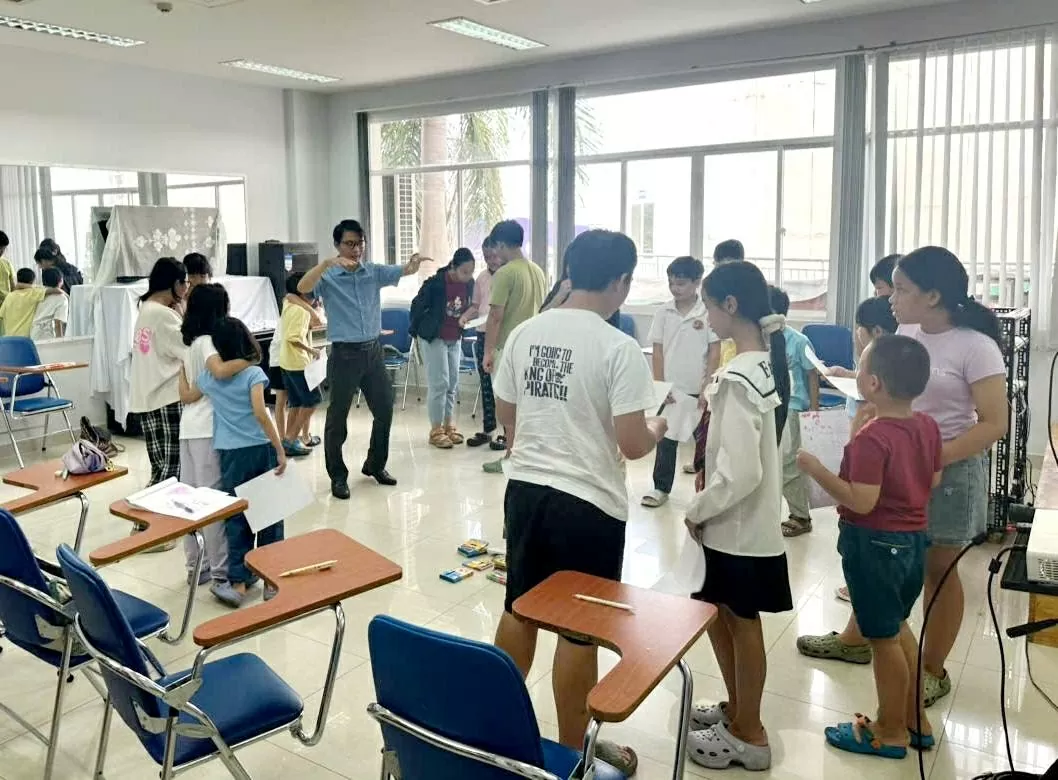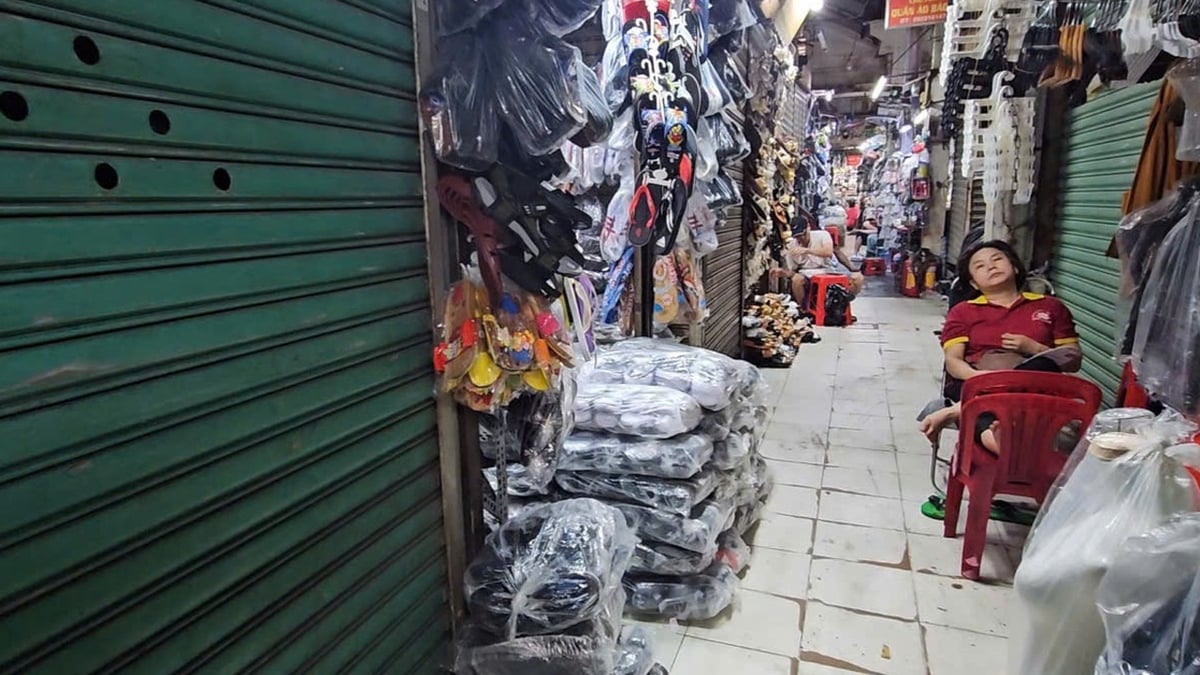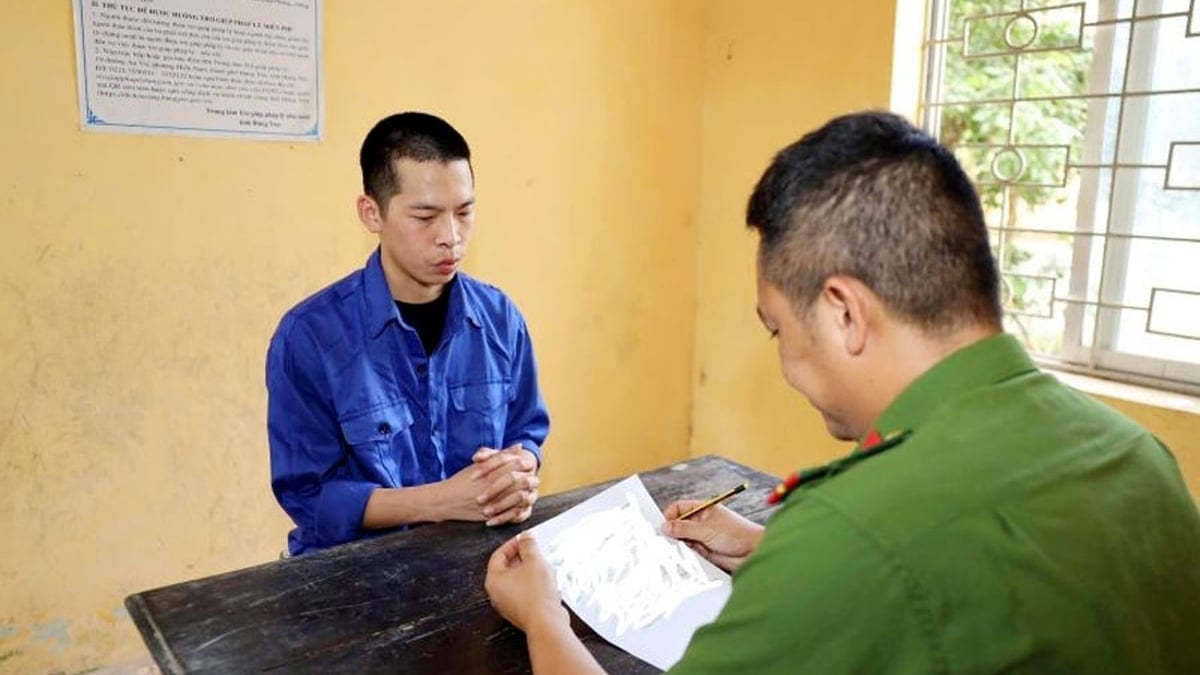 |
| MSc. Dinh Van Mai stated that in reality, many children have not been fully educated about danger signs, refusal skills, and how to respond when being lured or scammed. (Photo: NVCC) |
Recently, information about online scams targeting children, children being lured away from home... is causing confusion in the community. In your opinion, what are the most common and worrying tricks that bad guys are using to approach and scam children both in real life and in cyberspace today? Are there any gaps here that need to be filled, sir?
In the digital age, many child fraud schemes are increasingly present in cyberspace. However, children lack the necessary defense skills. Some common and worrying tricks that bad guys are using to approach and defraud children in cyberspace include impersonating acquaintances, idols or classmates to approach children through virtual accounts, using the guise of "close friends" or "people in similar situations" to lure children to meet and run away from home.
At the same time, some people take advantage of children's love of playing and gifts to entice them to participate in video games, promising rewards, and even asking them to provide personal information...
In real life, the subject pretends to be a relative and asks to pick up the child, pretends to be a school employee to approach the child. In addition, they lure the child with candy, money, and toys. Some subjects approach the child through seemingly normal activities to get to know them, then lure them.
Through recent incidents, it can be seen that children have not been fully educated about danger signs, refusal skills, and how to respond when being lured. Many parents do not fully understand the activities of social networks, TikTok apps, YouTube, online games, etc., so they cannot effectively supervise. Children or parents do not know where to report when encountering suspicious situations.
So, in the face of the risk of kidnapping in a real-life environment, what basic knowledge and self-protection skills do parents need to equip their children with so that they can recognize and escape when faced with dangerous situations?
As child kidnapping and luring become more sophisticated, parents need to equip their children with knowledge and self-defense skills so that they can recognize, refuse, and seek help when faced with dangerous situations.
First, parents guide children to memorize basic family information including full names of parents, contact phone numbers of parents or trusted people, home address, school after merger. Next, parents and children establish the principle of "no receiving - no eating - no following" without parents' permission; if there is any doubt, parents must be informed immediately.
In addition, parents should train their children in the skills of shouting and finding help in situations of being scammed, lured or kidnapped. Parents should role-play with their children in shouting loudly, clearly and decisively when in danger, and run towards a crowded area to find a trustworthy adult to help.
 |
| Teacher Dinh Van Mai and students in a skills lesson. (Photo: NVCC) |
Improve "digital resilience" online
Online fraud is on the rise, with increasingly sophisticated tricks. What should parents do to improve their children's "resistance" in cyberspace? What principles of safe internet use should be taught to children to avoid becoming victims of online fraud?
In an era where children go online from a very early age via phones, tablets, and computers, equipping children with "digital immunity" is the most proactive form of protection. Parents discuss with their children the rules for using electronic devices such as usage time and space; and can also use control tools such as Youtube Kids, Google Family Link, etc.
| "Through recent incidents, it can be seen that children have not been fully educated about danger signs, refusal skills, and how to respond when being lured. Many parents do not fully understand the activities of social networks, TikTok apps, YouTube, online games... so they cannot effectively monitor. Children or parents do not know where to report when encountering suspicious situations." |
Parents and children learn about current scams to help children be vigilant. At the same time, parents accompany children by seeing what applications they are using, thereby guiding children on how to use them effectively.
In addition, parents can apply the ABC principle to help children use the Internet safely and avoid becoming victims of online scams. The specific ABC principle is as follows:
A is safe. Do not reveal personal information such as address, phone number, school, or family information on social networks; Do not make friends with strangers, only make friends with people you know in real life or have your parents' consent; Do not text or send personal information or photos to others if the purpose is not clear; Do not give your password to anyone, including friends; Use a password that is difficult to guess and change it periodically every 3 or 6 months.
B is calm. Be calm when reading information on social networks, do not rush to believe or share because there are rumors and inaccurate information; Do not share or comment when you see information that is not certain to be true; Do not use bad or insulting language on social networks. When someone attacks, calmly handle it with a polite and gentle attitude; When encountering content or strangers doing things that make you uncomfortable, tell your parents or teachers for help.
C is careful. Check information carefully before sharing on social networks, make sure it is useful and does not negatively affect anyone; Do not click on strange links or advertisements of unknown origin; Do not post too much information or images on social networks with addresses or tags of other people without permission; Carefully research associations and groups before deciding to join.
Apart from providing knowledge, how do parents communicate and understand their children in protecting them? How can we build a relationship that is trustworthy enough for children to share when they have problems or are threatened, instead of hiding it out of fear?
Protecting children in the digital age is not just about teaching them lessons, but also about creating a trusting relationship so that children dare to share when needed. When parents communicate and understand their children, it will help them feel safe. From there, children will not hesitate to share, ask for help when threatened, cheated or encountering trouble online as well as in real life.
To build a trusting relationship, parents should communicate with their children every day with open-ended questions, prompting conversations; confide in children so that they always feel that their parents are with them; especially listen to what children say, the stories they tell without criticizing or judging; at the same time, parents and children discuss situations and how to handle difficult situations. When children are listened to, without judgment, it will be the first step to building a trusting relationship with their parents.
Child protection is not just the responsibility of families. How do you think the community, schools and authorities should work together to create a safer environment for children, while raising awareness and crime prevention skills for both children and parents?
Child protection is not just a family matter but a shared responsibility of the entire social system from family, school, community and authorities. To create a safe environment for children, it is necessary to coordinate many solutions, including:
Family is the first and most important foundation for decision-making. Parents need to spend quality time accompanying, listening to and guiding their children; instructing them in essential life skills early on, not leaving it entirely to the school.
Schools are where children develop good habits and behaviors. Therefore, schools need to integrate life skills, education on preventing abuse, fraud, and digital safety for students into their regular and extracurricular programs.
At the same time, deploy social work services in schools as well as train teachers to recognize signs of psychological trauma, violence or seduction in children. Not only that, schools need to coordinate closely with parents to promptly handle student problems and train parents in skills to protect children.
Neighborhoods, residential groups and local organizations need to be trained to identify and handle risks to children; build information pages to share or introduce support services for children; build life skills clubs, martial arts clubs... locally to help children participate in activities and learn about self-defense skills.
Authorities need to publicly and strictly handle cases of child seduction, fraud, and abuse to create social deterrence; coordinate with schools and localities to organize communication to children about network security and Internet fraud; build a quick response or quick assistance channel to promptly support children.
Close coordination between families, schools, communities and authorities to protect children will be effective when each party is proactive, clearly defines its role and takes real action.
Source: https://baoquocte.vn/day-tre-tu-nhan-biet-tu-choi-khi-bi-du-do-bat-coc-online-lua-dao-truc-tuyen-322986.html







































































































Comment (0)